Digital economy will boost efficiency and productivity in financial administration. The Real-Time Economy project supports companies in their efforts to fully automate their financial administration. Automation is enabled, for example, so that businesses start using electronic, structured vouchers, such as e-invoices, eReceipts and procurement messages. According to estimates, with the help of electronic messages, businesses can save hundreds of millions of euros in working time and costs every year.
e-invoice
An e-invoice is a machine-readable invoice that is sent directly to a financial administration program or an online bank. E-invoice is a quick, easy and secure way to transmit invoices to customers. E-invoice provides a basis for real-time and automated financial administration. By automating your company’s financial administration, you can make your financial processes more efficient, improve data quality, reduce errors and eliminate costly manual work.
eReceipt
An eReceipt is an electronic receipt that can be relayed in a structured, machine-readable form from the seller directly to the application of the buyer’s choice.
A pdf or an image of the receipt sent as an email attachment is not an eReceipt.
Procurement messages
- Procurement messages are structured trading information that can be automatically processed.
- Procurement messages are used in order and delivery processes.
- A procurement message may be an order, an order confirmation or a product catalogue.
- Procurement messages promote the automation and efficiency of business processes.
The focus in the Real-Time Economy project is on electronic messages transmitted in the order process, on their specifications and on expanding their use. A purchase is preceded by competitive tendering, invitation to tender, tender, purchase decision and contract. However, these stages and the need to digitalise them are outside the scope of this project.

